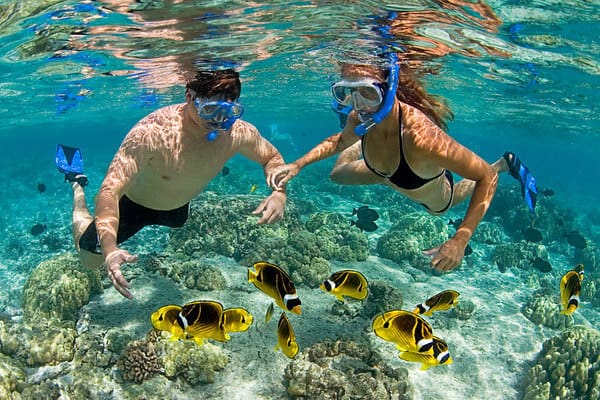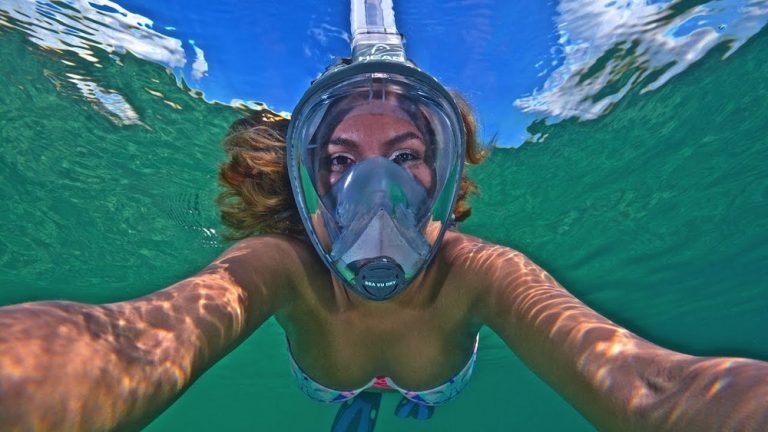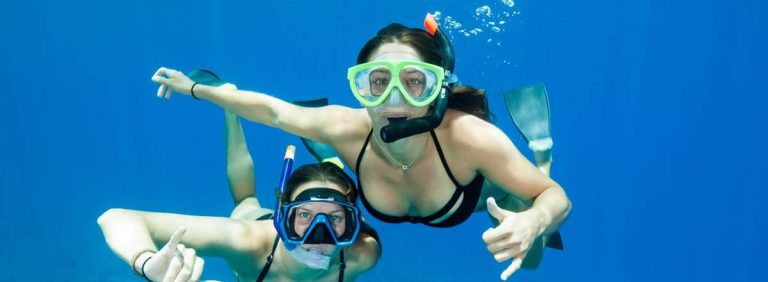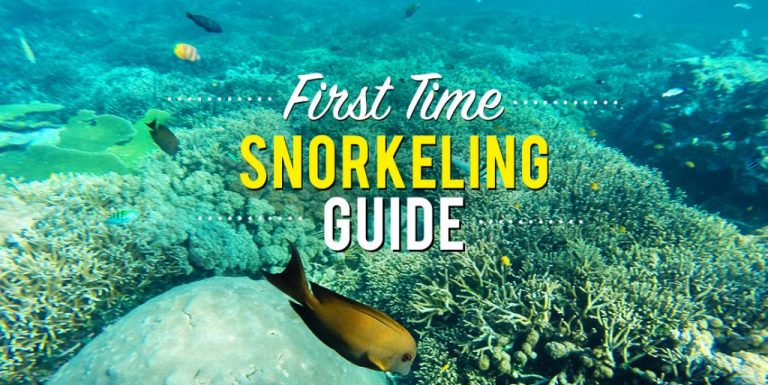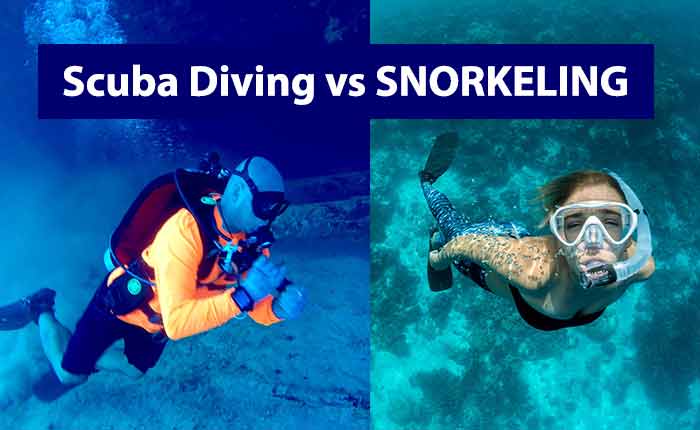Snorkeling is a fun and easy way to see the ocean without learning to scuba dive or investing in expensive gear. It’s a great way to explore underwater environments without risking going too deep. There are millions of snorkelers each year, but beginners may not know does snorkeling require training.
Does Snorkeling Require Training? Complete guide
Snorkeling may be done without any prior experience or training. Most companies that provide snorkeling tours will welcome you regardless of your degree of experience. However, if you’re not confident snorkeling, you can get instruction. Additionally, YouTube is a useful tool.
Snorkeling is a fun activity that may help you relax, see parts of nature you’ve never seen before, and spend quality time with loved ones. It offers a new opportunity to enjoy the outdoors, exercise, and see fascinating marine life up close and personal. And everyone who does it has a deeper understanding of how crucial aquatic ecosystems are to the survival of all species on Earth.
Do You Require Training for Snorkeling?

Snorkeling, in comparison to scuba diving, does not need any certification or training ahead of time. However, snorkeling classes are a great idea if you’re starting. But they aren’t required either.
Here are some things to think about before signing up for snorkeling classes.
One of the most crucial things you need to ask yourself is why you want to take snorkeling lessons. Snorkeling lessons may be helpful for various reasons, including learning how to operate the gear properly, improving the visibility of marine creatures, and increasing comfort while under. There are several positive aspects of learning how to snorkel.
If you’re wondering whether or not the classes are worth it, here’s the answer: If you’re going to spend a lot of money on classes, you should try to maximize your learning. Get some lessons if you aren’t the best swimmer in the pool. Investing in snorkeling courses may be unnecessary if you are already a strong swimmer who has dabbled in various water sports and activities.
Snorkeling is completely risk-free, even for first-timers. Some people may associate its high-risk reputation with other “underwater” activities. While snorkeling, on the other hand, you won’t have to worry about doing any deep dives. To observe the marine life, you will be gliding around on top while keeping your head above water.
A snorkeling novice, though, may be alarmed by a few things.

- If you don’t know what you’re doing on the water, you need to be aware that the ocean’s currents might take you away from the land.
- Some aquatic creatures may also appear and react defensively to your presence. Please avoid Portuguese man-of-war jellyfish since they have a painful sting and will use it on any predator they encounter.
- Waves crashing over jagged rocks may be hazardous, and the ocean current might carry you perilously close to them. On the other hand, unexpectedly entering shallow water might cause you to injure yourself or the reefs around you.
- Some people would experience fear or panic if they were to turn their heads underwater and hold their breath. You shouldn’t go snorkeling if you aren’t confident in your ability to swim and breathe underwater for an extended period.
- Discovering that someone in your party has knocked your snorkel away with a flick of their fins or an overenthusiastic wave of the arm may also be a rude awakening. This might lead to a brief moment of panic if you start choking on water.
- A course of instruction can help those who are uncomfortable in or even afraid of water. Simply donning a snorkel will not magically make you feel more at ease. Snorkeling is a great way to see marine life up and personal, but risks are involved if you become scared while out there.
The risks and hazards mentioned above can be reduced by taking a snorkeling session, where you will also learn proper snorkeling techniques. Learn the ins and outs of using a snorkel, where the dead spots are for carbon dioxide, how to breathe consistently, certain freediving methods, and how to maintain vigilance at all times when underwater with the help of these classes.
Final thoughts
In light of the preceding, it is ultimately your responsibility to determine whether or not you want to take snorkeling courses. Most individuals want a few minutes of orientation before their first session and some pointers or ideas following the session. My first advice to anyone going snorkeling or scuba diving is to respect marine life.
Don’t forget the seas’ crucial part of the planet’s ecosystem. Remember that one wrong flip of a fin might destroy the coral development for 20 years. It is important to remember that most marine life is harmless unless provoked. Look at the amazing things.
However, do not touch anything; just let everything be. With all of that in mind, millions of people every year agree that snorkeling is a fantastic way to unwind, have fun, and make lasting memories. Go out there, be careful, and join them.

